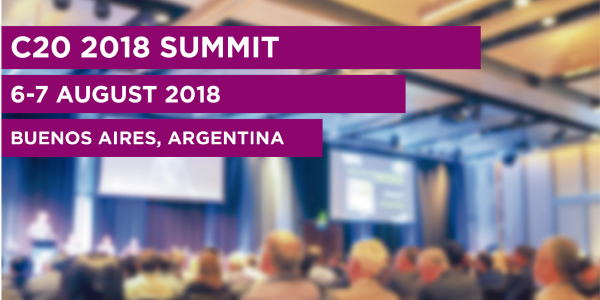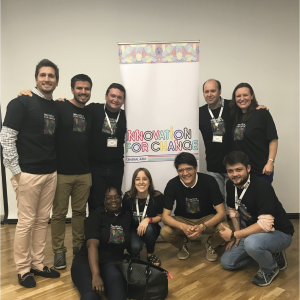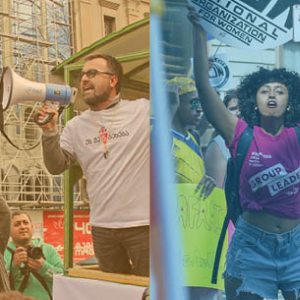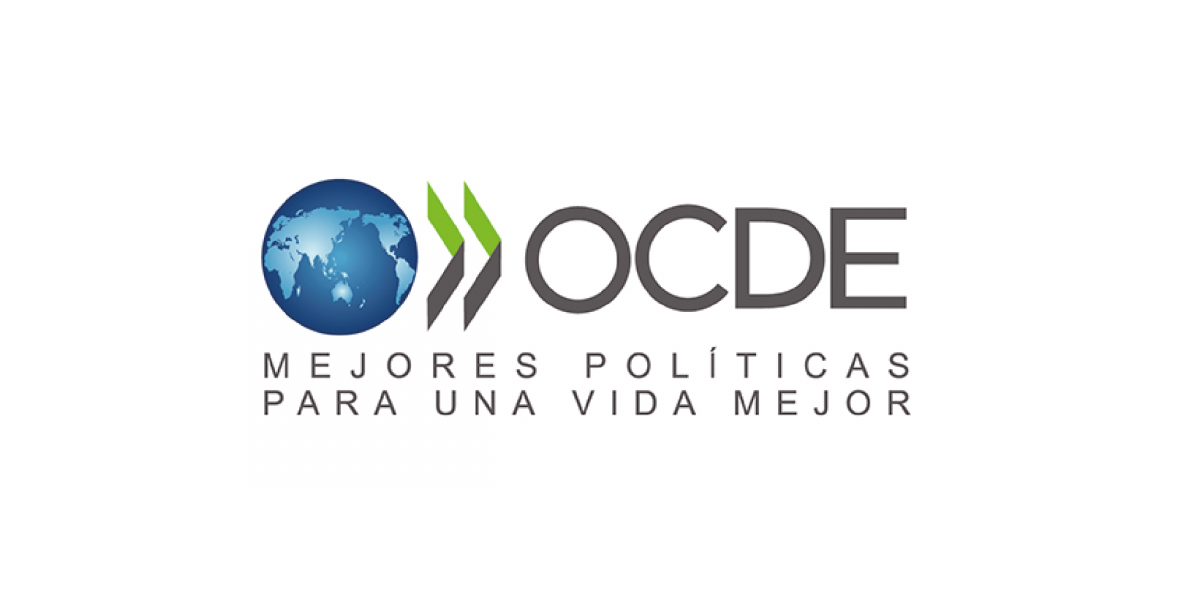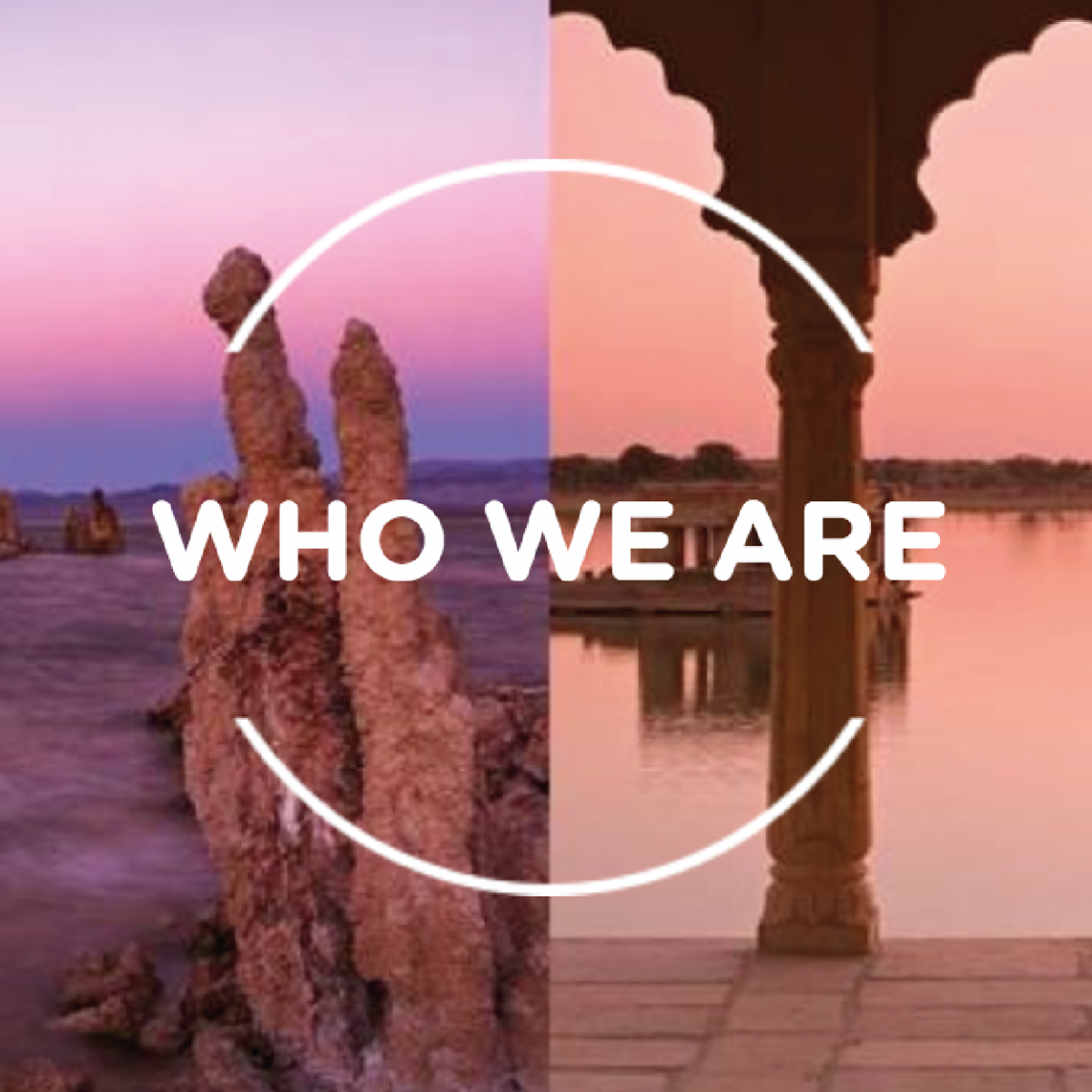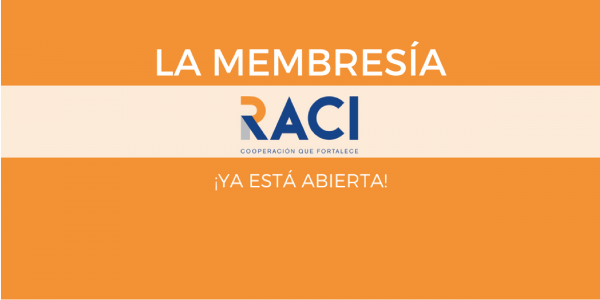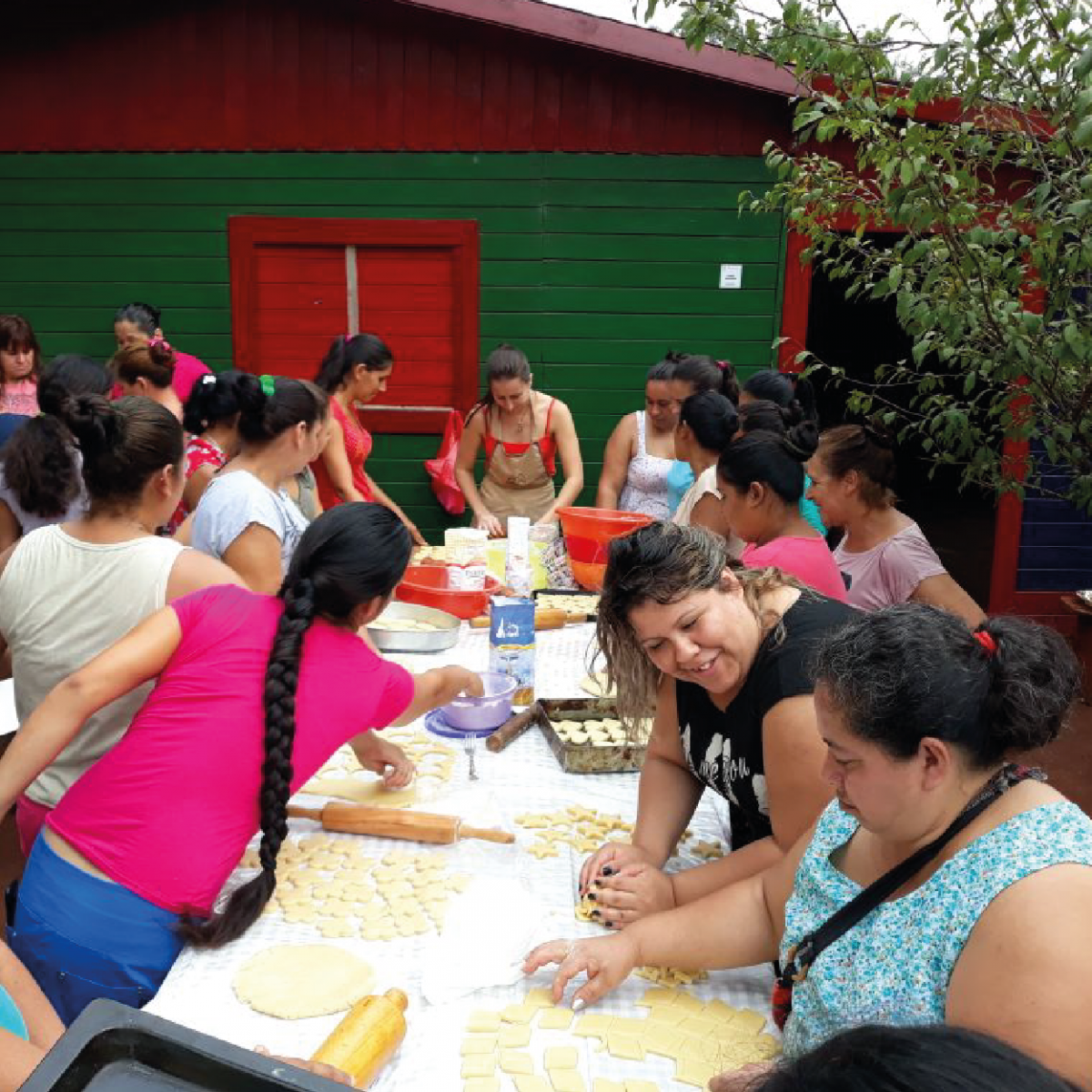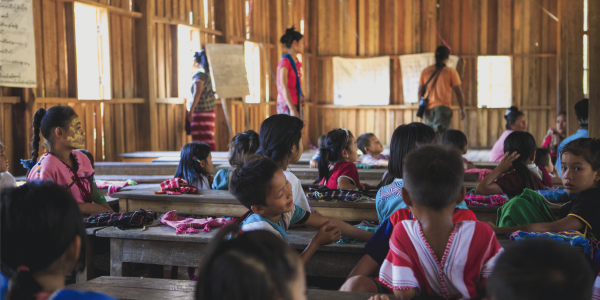To know the allies with whom we want to work or continue to internalize ourselves with about their changes and internal aspirations, is part of the process of generating sustainable alliances that in RACI we always promote. In this sense, we invite you to read about the history of the Omidyar network.
How was Omidyar born?
Omidyar Network is a philanthropic investment firm created in 2004 by eBay founder Pierre Omidyar and his wife Pam. They established Omidyar Network based on the belief that every person has the potential to make a difference. Since 2004, Omidyar has worked with organizations in Africa, Latin America, Europe, India, Southeast Asia and the United States to create opportunities for people to realize that potential, generating positive benefits for themselves, their families and their communities.
At Omidyar we believe that market forces can be a powerful engine for positive change. That’s why we invest in both for-profit companies that seek to generate social impact and non-profit organizations. As social impact investors, we offer more than financial support: we provide human capital capabilities, from board service to strategy consulting, executive training and recruitment of new talent.
We know that Omidyar works in different lines of work that seek to empower society in general, taking technology as a tool for change. Could you describe the programs?
We are focus on five areas that we believe are crucial to building prosperous, stable and open societies: digital identity, education, financial inclusion, governance and citizen participation, and property rights. Not all are currently active on all continents and within each initiative we have regional priorities. For example, in Latin America, Omidyar Network focuses on Education and Governance and Citizen Participation.
In particular, I work leading investments for the Governance and Citizen Participation initiative, in which we seek to strengthen the relationship between citizens and governments in Latin America. We focus on non-profit and for-profit opportunities and social impact in four thematic areas: civic technology, data governance, money tracking and independent media.
We believe that civic technology platforms have the power to improve the dialogue between government and citizens, increase the participation of people in decisions that affect their communities and improve the delivery of government services at all levels. In this area, we have supported organizations such as Change.org and mysociety.
In data governance, we invest in initiatives that are developing and adopting open data standards, privacy and ethics in the use of artificial intelligence. In this area, we have supported organizations such as Privacy International and the Open Data Institute.
In the money-tracking vertical we support initiatives that empower citizens, journalists and NGOs through transparency about public resource flows and the fight against corruption. In this area, we have funded organizations such as Transparency International and Global Integrity.
Finally, we invest in media organizations with sustainable business models for independent and investigative journalism. In this area, we have supported organizations such as News Deeply and Reporters without Borders.
You are currently going through a series of changes in the internal structure of the organization, what is the reason of these changes?
The Omidyar Network model has allowed us to innovate and thrive. Over the past ten years, we have expanded our operations from supporting greater transparency in U.S. government to cover a broader range of activities related to civic technology, data governance, anti-corruption, and independent media around the world. In doing so, we have invested over one billion dollars in more than 550 organizations to help create more open, just and inclusive societies.
In 2018, the Governance and Citizen Participation initiative is becoming independent from the Omidyar Network and a separate entity within the Omidyar Group. This represents a great opportunity for us to develop our mission and strategy, take more risks and have more impact.
How does this change impact the work you do or the partners with whom you are engage with?
2018 is going to be a transitional period. Our team will remain the same, as will the subjects we work with and the types of funding and support we provide to organizations. As we move towards a new independent organization, we hope to see a number of positive changes that will allow us to have an even greater impact.
In which Latin American countries are you working? What are the most responsive programs in the region?
The regional priorities of Governance and Citizen Participation focus on Argentina, Brazil, Colombia and Mexico. Currently, our portfolio is primarily composed of organizations working in civic technology, open data, data verification, fact-checking and transparency. Some of our grantees in the region are Nossas, IMCO/improve your school, PODER, Instituto Igarapé, among others. To learn more about the work they do I recommend this video about Nossas and this note about Instituto Igarapé. This year we would like to support more for-profit, impact-oriented opportunities and diversify our independent media and data governance portfolios.
With what kind of actors do you usually link up with for the implementation of projects?
We work with both non-profit and for-profit organizations, focusing on the four thematic areas described above as well as with governments that support similar efforts.
Do you currently have open programs for Argentina? If so, what requirements do you prioritize when choosing your partners?
In Argentina we have a nonprofit portfolio consisting of Chequeado (independent media), Directorio Legislativo (data governance) and Wingu (civic technology). We also support ACIJ, La Nación Data, Democracia en Red and Mismática Management through the Alianza Latinoamericana de Tecnología Cívica (ALTEC), a fund administered by Omidyar Network, Avina Foundation and Avina Americas. ALTEC invests in innovative civic technology platforms and scalable technologies that can have a significant impact on promoting civic engagement as a basis for improving democracy.
We seek organizations aligned with our mission to create opportunities for people to improve their lives by using creative and entrepreneurial strategies with significant growth potential, with the ability to scale operations and develop a path to operational sustainability.
In Latin America, we believe that Argentina is a country that has shown great potential, excellent entrepreneurs, very dynamic and developing, so we are very excited to see what new opportunities we can support.
Could you facilitate a contact from the region for consultations?
If you have any questions about Omidyar’s work on Governance and Citizen Participation, please write to ghadid@omidyar.com .

